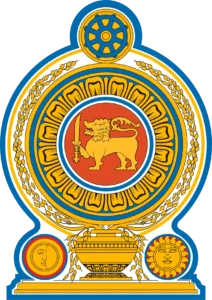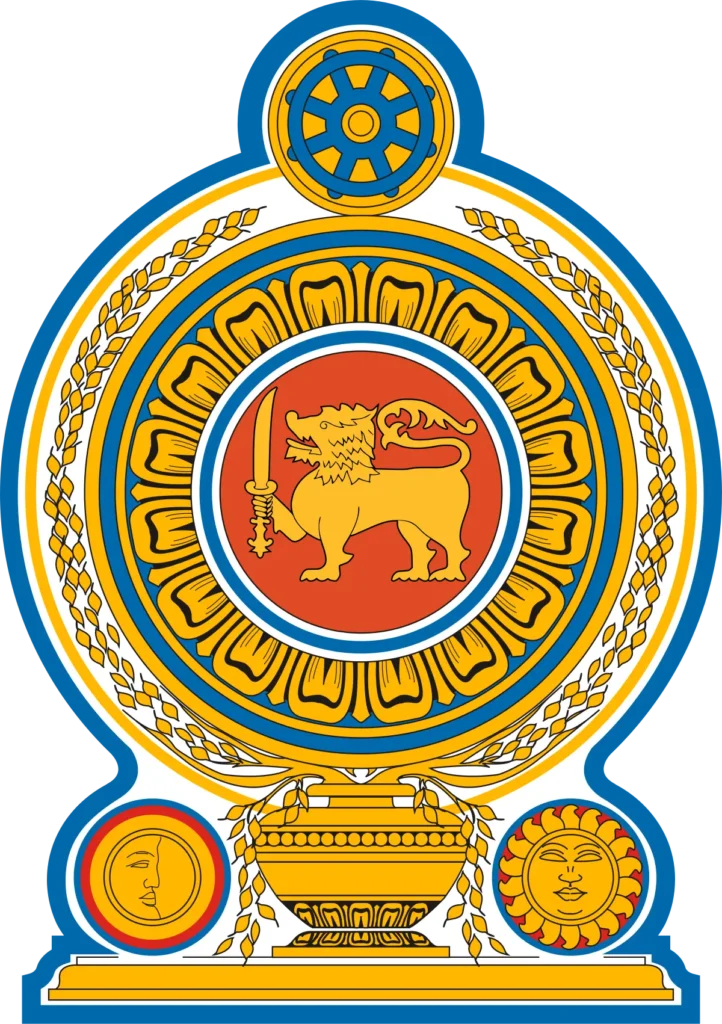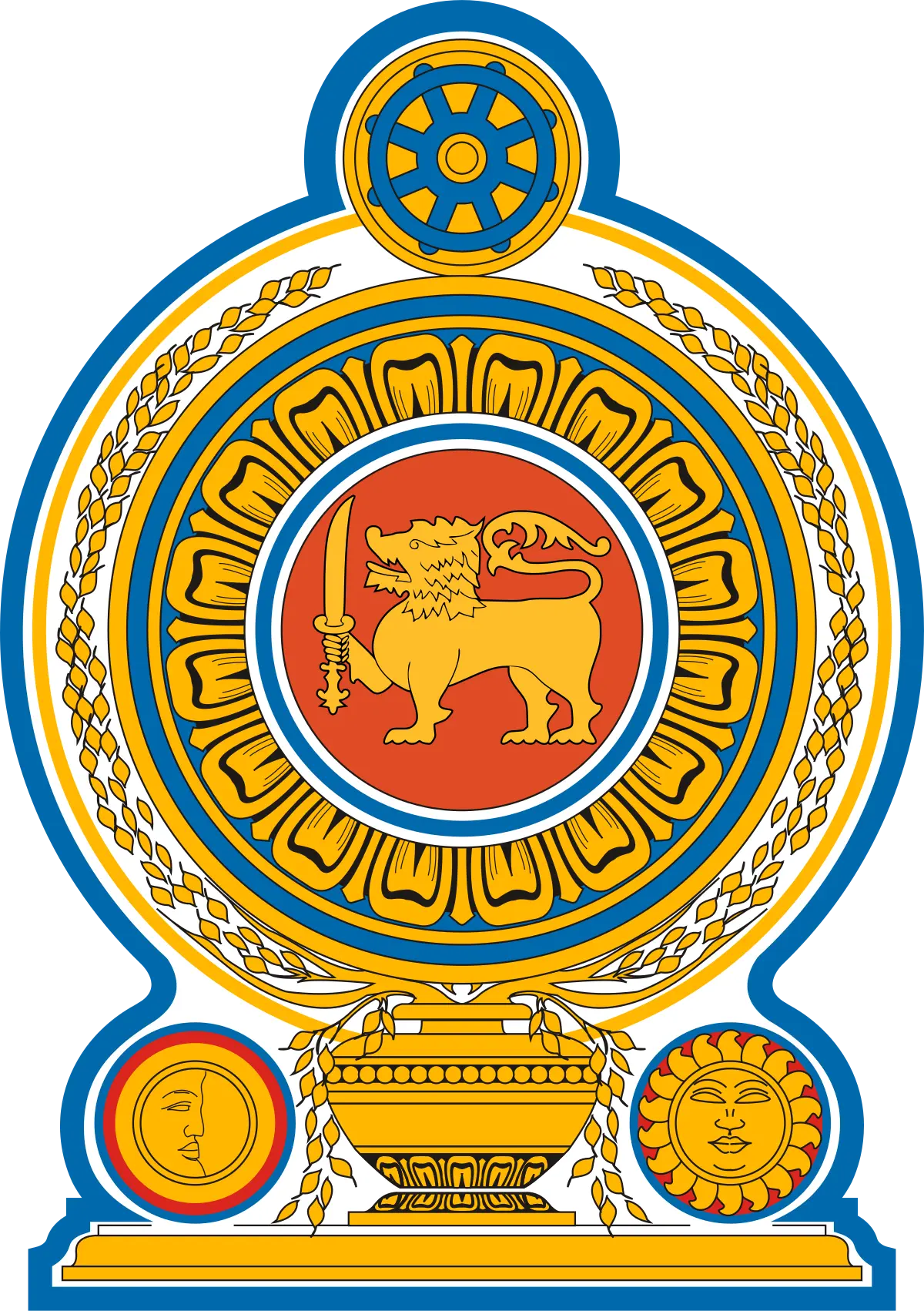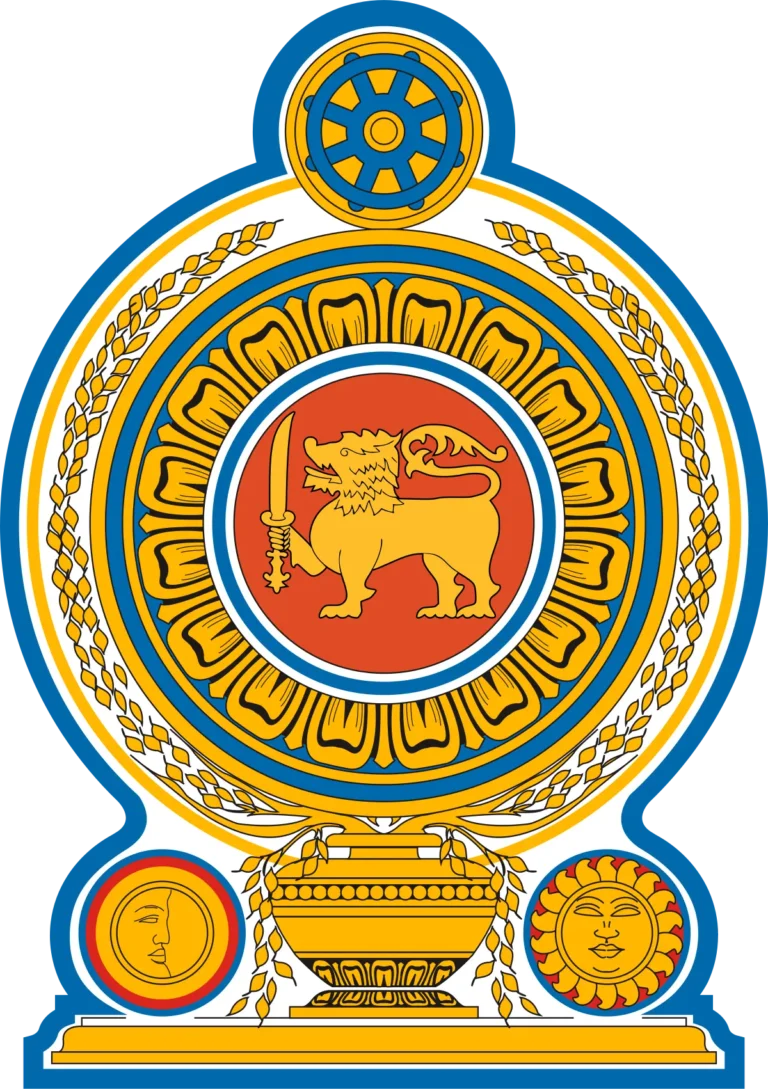About Sri Lanka
About Sri Lanka
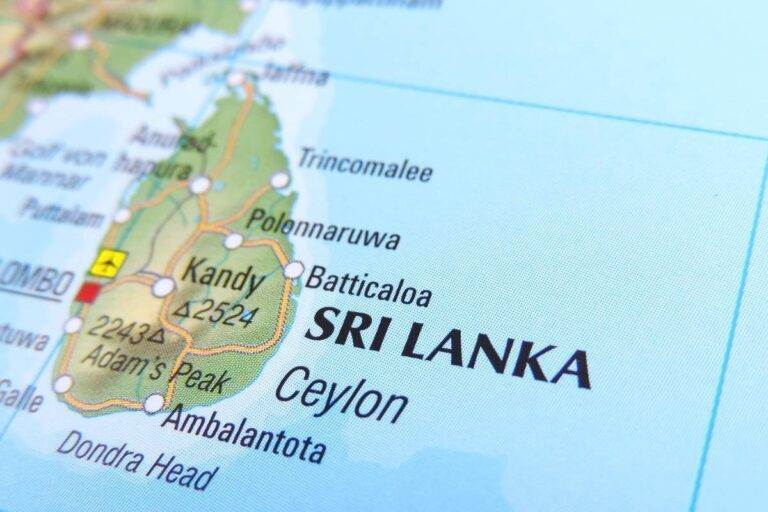
- About Sri lanka
ABOUT SRI LANKA
Sri Lanka, the Democratic Socialist Republic of Sri Lanka, is an island nation located in South Asia. It was formerly known as Ceylon.
Sri Lanka is located in the Indian Ocean, bordering India and Maldives. It is situated to the southwest of the Bay of Bengal and faces southeast of the Arabian Sea. Furthermore, the Gulf of Mannar and Palk Strait divide Sri Lanka from the Indian subcontinent.
Sri Jayewardenepura Kotte serves as the legislative capital, while Colombo is the country’s major city and economic hub.
Sri Lanka is a multi-ethnic nation with an estimated population of 22 million (2020). The dominant ethnic group is the Sinhalese, but there are many other cultures, languages, and ethnicities present.
The Tamils, a substantial minority group, have made a significant contribution to the history of Sri Lanka. Moreover, other longstanding communities, such as Malays, Moors, Burghers, Chinese, and Vedda, are also important constituents of society.
Despite being part of a developing region, Sri Lanka stands out as 73rd on the Human Development Index. It also boasts one of the highest per capita incomes in South Asia and was ahead before recent economic instability caused its currency to crash. prices of essential goods and services are rapidly increasing, while there is a massive deficit in their availability, leading to a serious humanitarian crisis.
This situation has led to an increase in public demonstrations, with citizens successfully pressuring the authorities to step down from their positions. Consequently, the President and the Government have had to resign from their roles. The island nation has maintained tight links with various global organizations, such as the SAARC, UN, Commonwealth of Nations, G77 & Non-Aligned Movement, in most cases being founding members. These organizations have undoubtedly contributed to its ongoing socio-economic development.
